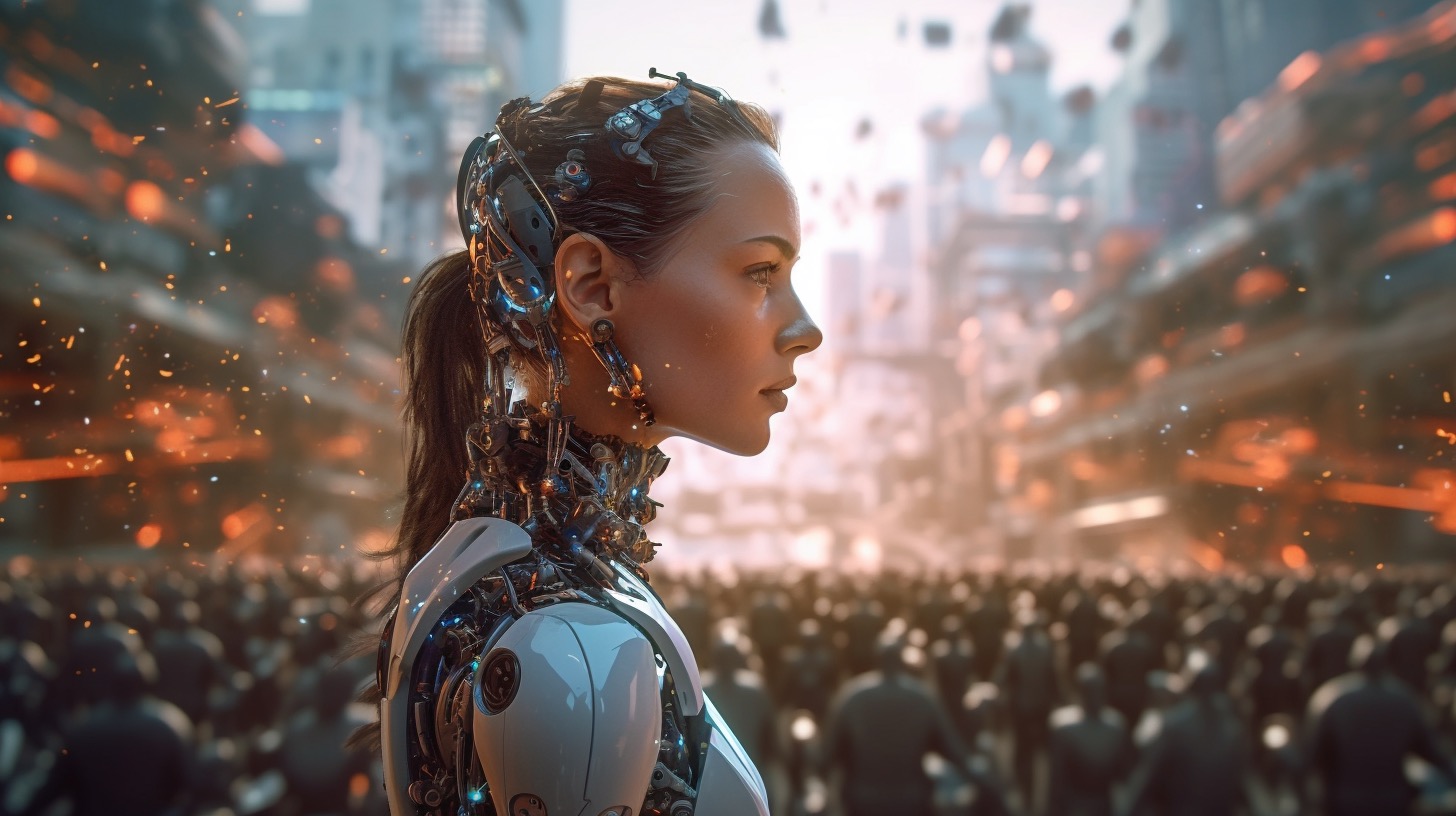Artificial Intelligence (AI) continues to shape the business landscape, from its impact on the job market to the need for ethical governance. While AI advancements have led to speculation about potential staff reductions, it’s worth noting that Paytm’s parent firm, One97 Communication, recently streamlined costs by letting go of over 1,000 employees through the aid of AI progress. Similarly, The New York Times filed a copyright infringement lawsuit against AI company OpenAI and Microsoft, another major player in the field.
AI technology has also raised concerns about deepfake videos in India, prompting the Ministry of Electronics and IT to issue a comprehensive advisory to ensure compliance with existing IT Rules. Additionally, a study by ServiceNow and Pearson revealed that the AI and automation wave will require 16.2 million Indian workers to reskill or upskill, while simultaneously creating 4.7 million new tech jobs.
Despite the potential for both positive and negative effects, industry experts believe that AI holds a net positive impact. Amit Relan, CEO of mFilterIt, highlights how AI revolutionizes work methods by automating tasks and detecting fraud patterns that may slip through manual checks. Prateek Garg, CEO of WorkElevate, emphasizes the responsible implementation of AI chatbots and large language models in optimizing operational workflows and enhancing employee productivity.
Amit Prasad, CEO of SatNav Technologies, notes that while there are pros and cons to any new technology, past examples have shown that the benefits of AI tend to outweigh the negatives. However, concerns about the impact on jobs persist, with the World Economic Forum predicting both job losses and new roles due to AI advancements. Experts suggest a focus on continuous education and upskilling initiatives to help workers transition to roles that utilize technology.
Moreover, the development of human-AI partnerships is seen as crucial to enhancing productivity and creativity. AI complements human expertise and judgment, leading to synergy and improved outcomes. It is important for governments to enact comprehensive regulations and facilitate open discussions about the opportunities and challenges of AI. Global cooperation on AI governance and ethical standards, as demonstrated at the GPAI Summit in New Delhi, will be critical to ensure responsible development and prevent misuse.
In conclusion, AI’s impact extends from layoffs and copyright issues to the need for governance and upskilling initiatives. While challenges exist, fostering responsible development and collaboration between humans and AI can pave the way for a positive future.

